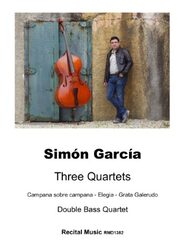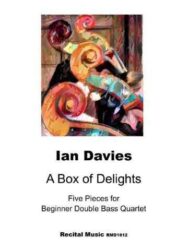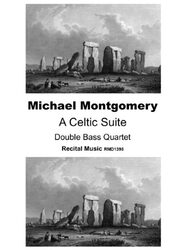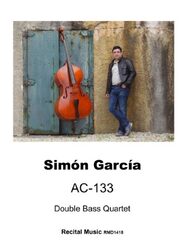Doinas & Dances
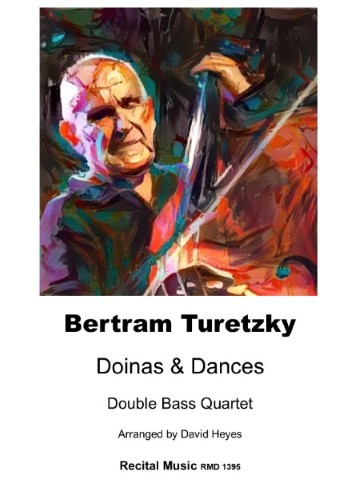
Composer: Turetzky, Bertram
Instrumentation: 4 Double Basses
Publisher Recital Music
[tmr_details_contents_exams]
[tmr_truncated_description]
Page ? of ?
Digital Download – PDF
Shipping costs: No shipping
R.R.P £6.50
Our Price: £5.53
[show_licence_button]
[series_titles]

